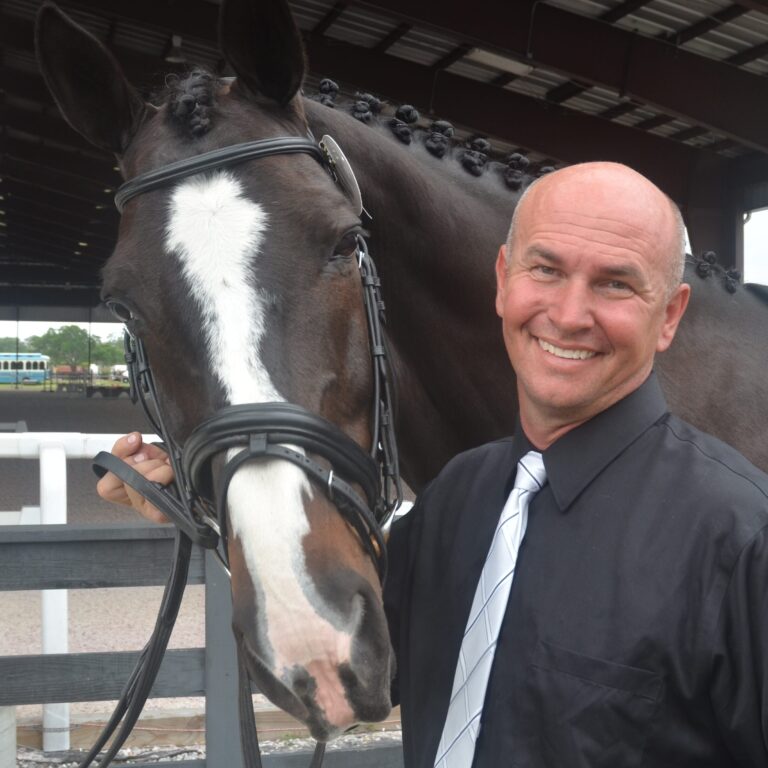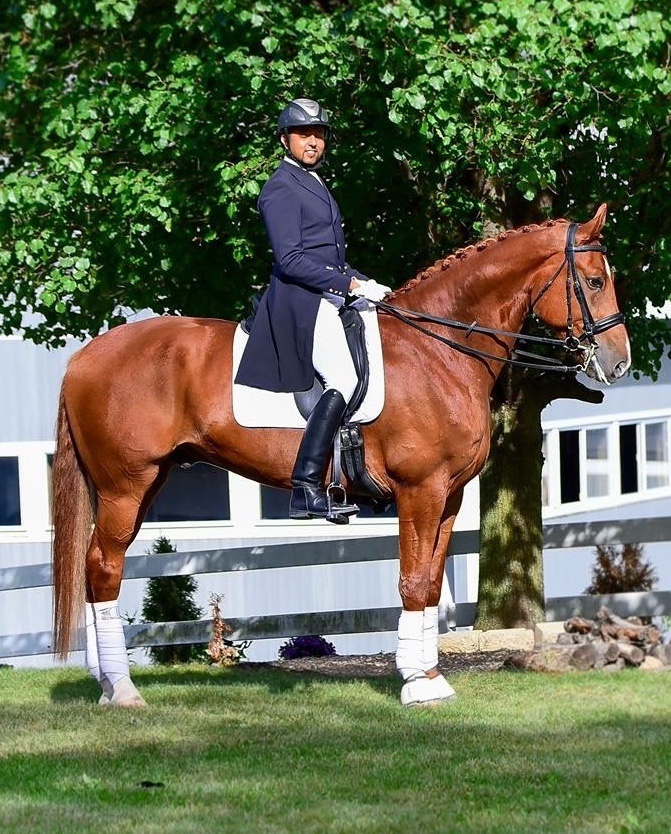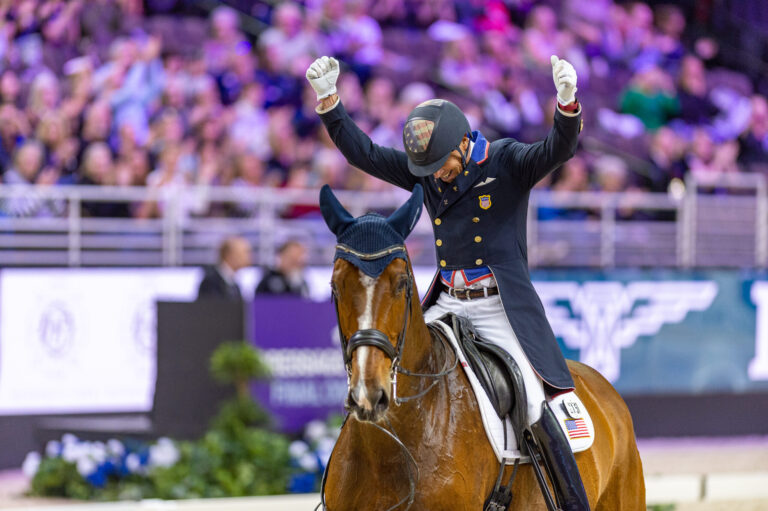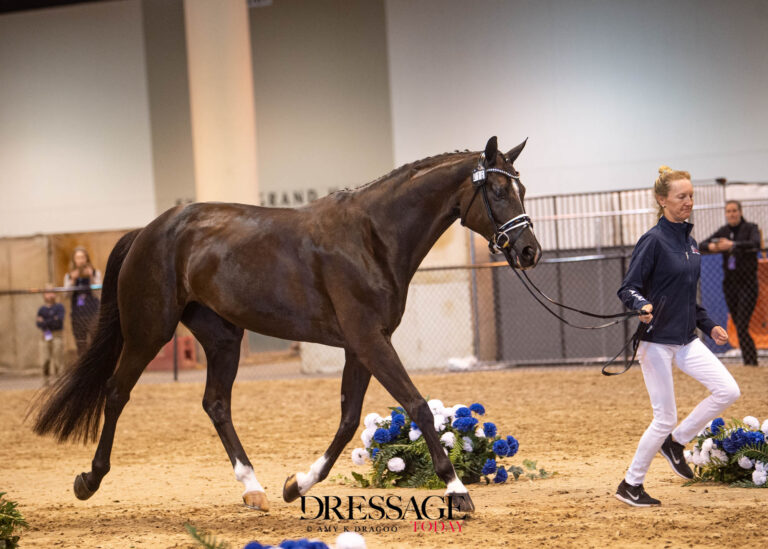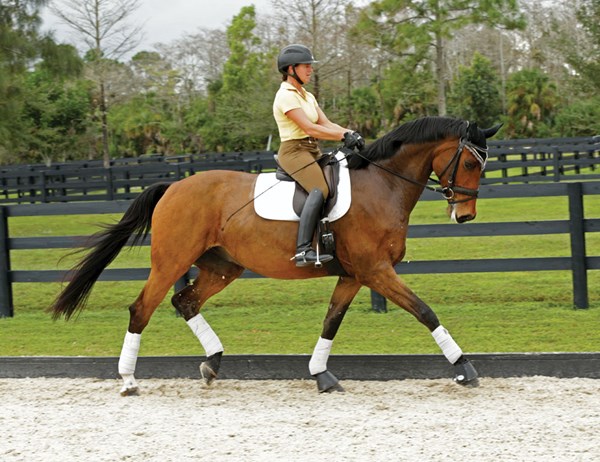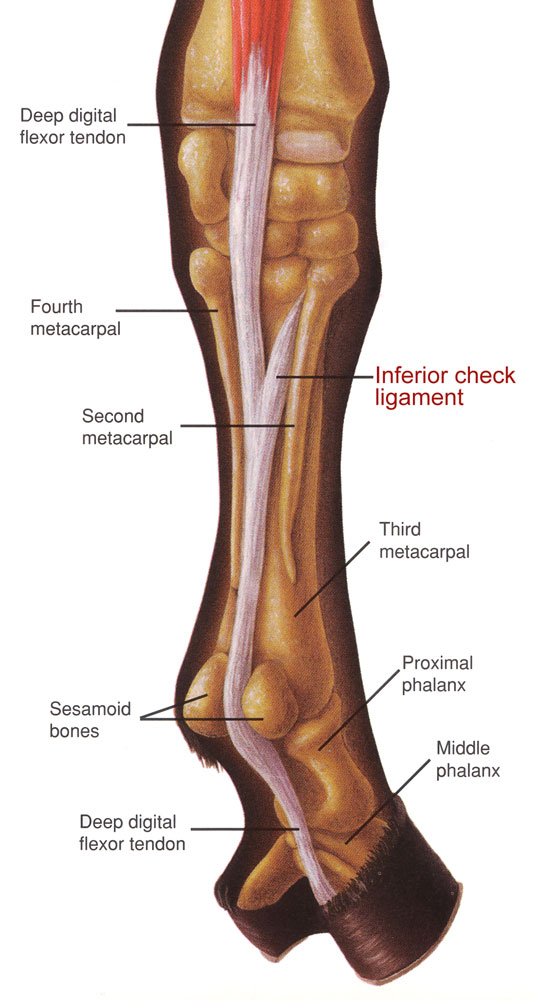Maybe certain parts of life can be described as a series of battles, fights or struggles. That’s just one way of looking at things, and this outlook might sound negative, but perhaps that is just because I finally lost one—the final battle—with my horse, Tahari. He died and it is a loss that covers me completely right now.
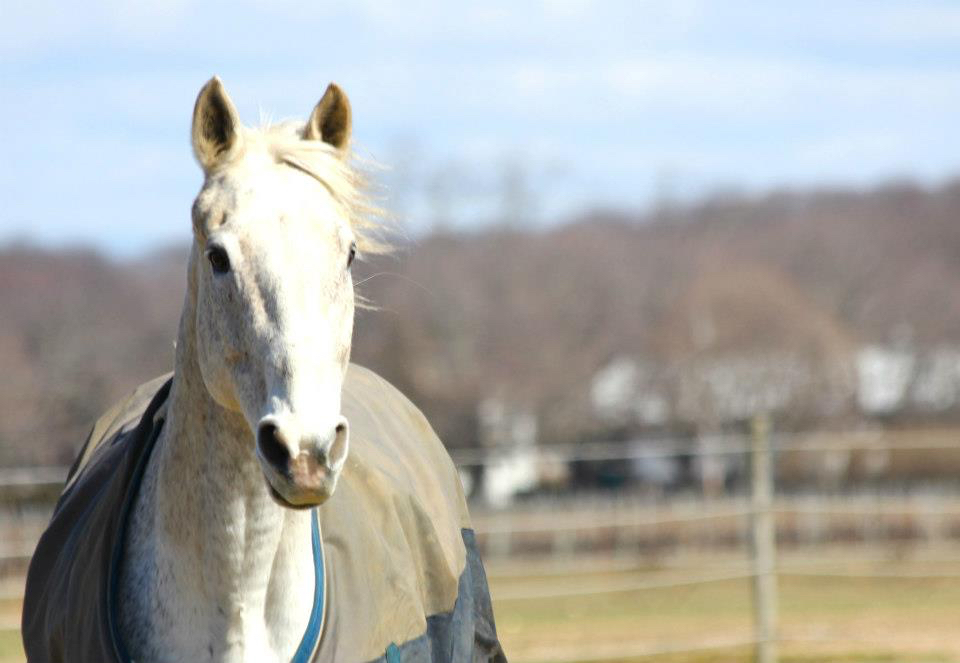
Grief is a tough one for us all. Since all horse lovers go through this, and most likely you already have, I decided to dedicate this column to the topic of loss. Here are some things to think about as you survive an animal you love.
Everyone grieves differently. It is tempting to compare your process to someone else’s or to try to hurry someone you love who is grieving because it is so uncomfortable. Don’t. It would be like trying to change eye color—it’s not possible. We grieve because we need to.
We are emotional beings. Animals are, too. During the time that we own horses, we spend years in happiness knowing one day the sadness will come. When it does, you need to give yourself time and space to grieve. It takes quite a lot out of you to be this sad and you need to be mindful of that. While it can be paralyzing, make sure to eat enough, sleep enough, exercise enough and be with people. I say “enough” because it is a little about surviving for a while and expecting normal behavior right away is not rational. We need to be sad because we can’t help it, but we also need to feel happy at some point. If you spend too much time in sadness without some relief, it can overwhelm you. We feel guilty for laughing or enjoying something when we are grieving, but joy is necessary for healing.
I find that just understanding what you are going through can make the process of grieving a little easier. The pain is now part of you and will be forever. There will be days when it will bring you to your knees—more at first then less later—but that is just your horse staying with you forever.
In 1969, psychiatrist Elizabeth Kübler-Ross published the groundbreaking book on the stages of grief, On Death and Dying. Her work has helped many grieving souls and helps me today as I miss Tahari, so I’ll share them with you.
1. Denial. That’s when your brain says No, no, no, this didn’t happen. This is necessary mental protection that helps you ease (if there is such a thing) into the event. This stage will not last long and it is meant to help you deal with the shock.
2. Bargaining. Believe it or not, you will find yourself trying to make a deal with God (or whomever) to bring your loved one back or go back in time to prevent it. Bargaining is an interesting and surprising response of the psyche, but like all the other stages, it is meant to protect you.
3. Depression. Deep sadness will come and it is necessary to experience. Cry your heart out and don’t try to prevent it. It’s not like you could anyway. This is where you need to take good care of yourself physically so the feelings don’t overwhelm you or make you sick.
4. Anger. This is the one that catches people off guard. It feels weird and disloyal, but you will have anger toward your horse, even if for a moment. Then, you will want to explode from something as simple as dropping a pen. Anger moves the energy, mobilizes it and gets it going. It helps you get out of depression even though it doesn’t necessarily feel any better.
5. Acceptance. In a distant galaxy far, far away…we finally accept that the one whom we’ve lost isn’t coming back and that our own lives won’t end just because they aren’t in it.
The key to understanding these stages is that we experience them in a nonlinear sequence. You will jump around from stage to stage, mostly between depression and anger. The key is to oscillate—be sad but then be happy about something else.
Tahari outlived his little, tired body for years and it was only because he had the happiest, most joyful spirit I have ever known.
At first, I called him the equine dodo bird because he was so goofy and simple. As I got to know him and grew to love him deeply, his smarts and ability to direct things became more and more impressive.
He taught me about colic, for sure, and his lessons have saved many horses in my care over the years. But mostly, he taught me about joy. He was joyful for the sake of being joyful. He didn’t need a reason to be happy—he was alive and that was enough for him.
Even though he failed at the track, he loved to run. He would run and run and “buzz the tower,” meaning he would gallop toward you, veer at the last minute and seem to sling shot around to the other direction and then rear up in triumph. Tahari made me laugh every single day. Today and probably for many days, he will make me cry—but it’s a worthy trade for having him in my heart.


